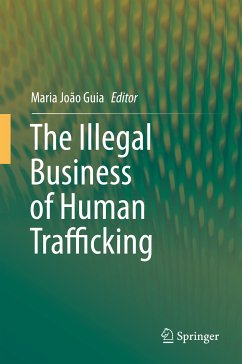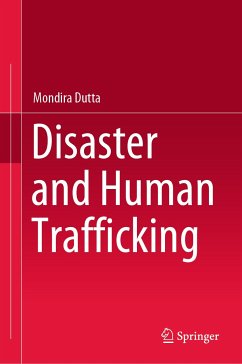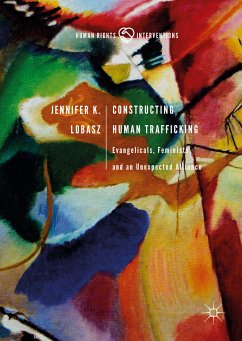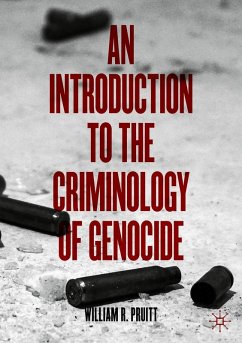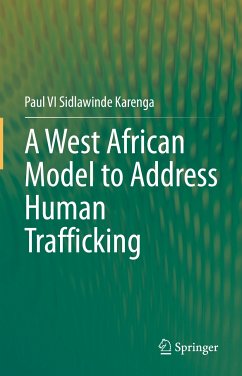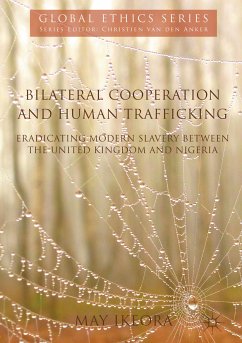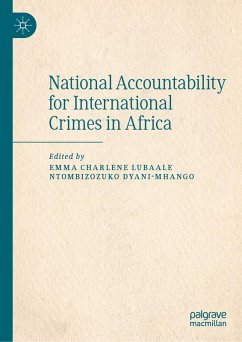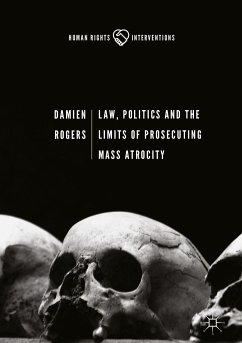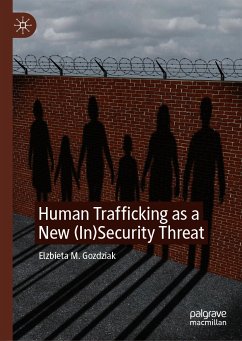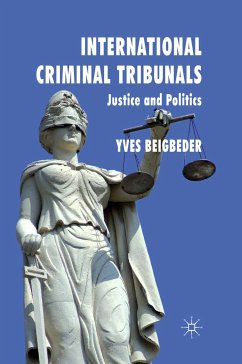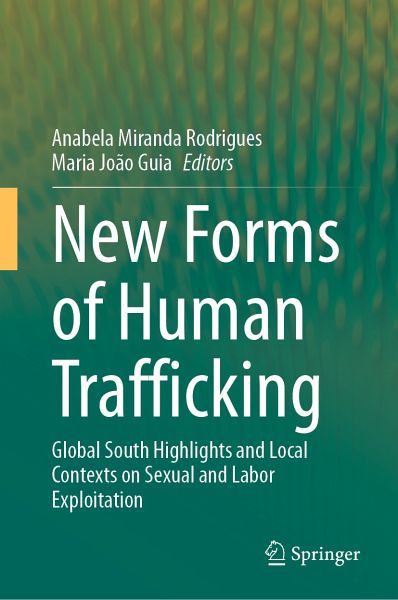
New Forms of Human Trafficking (eBook, PDF)
Global South Highlights and Local Contexts on Sexual and Labor Exploitation
Redaktion: Rodrigues, Anabela Miranda; Guia, Maria João
Versandkostenfrei!
Sofort per Download lieferbar
96,95 €
inkl. MwSt.
Weitere Ausgaben:

PAYBACK Punkte
48 °P sammeln!
This book analyses new forms of human trafficking taking into account the transposition of the Directive 2011/36/UE which sets out minimum standards to be applied throughout the European Union in preventing and combating trafficking in human beings and protecting its victims. Sexual exploitation of trafficked persons is at its highest rate. After COVID-19, new forms of sexual exploitation have been identified, specifically in the Global South. The book analyses new forms of exploitation used by traffickers to coerce victims. Combining the perspectives of academic researchers with those of high...
This book analyses new forms of human trafficking taking into account the transposition of the Directive 2011/36/UE which sets out minimum standards to be applied throughout the European Union in preventing and combating trafficking in human beings and protecting its victims. Sexual exploitation of trafficked persons is at its highest rate. After COVID-19, new forms of sexual exploitation have been identified, specifically in the Global South. The book analyses new forms of exploitation used by traffickers to coerce victims. Combining the perspectives of academic researchers with those of highly skilled professionals from governmental institutions, this book is a unique contribution, promoting collaboration in preventing and combating human trafficking crime, and in raising awareness of this ongoing problem.
Dieser Download kann aus rechtlichen Gründen nur mit Rechnungsadresse in A, B, BG, CY, CZ, D, DK, EW, E, FIN, F, GR, HR, H, IRL, I, LT, L, LR, M, NL, PL, P, R, S, SLO, SK ausgeliefert werden.



